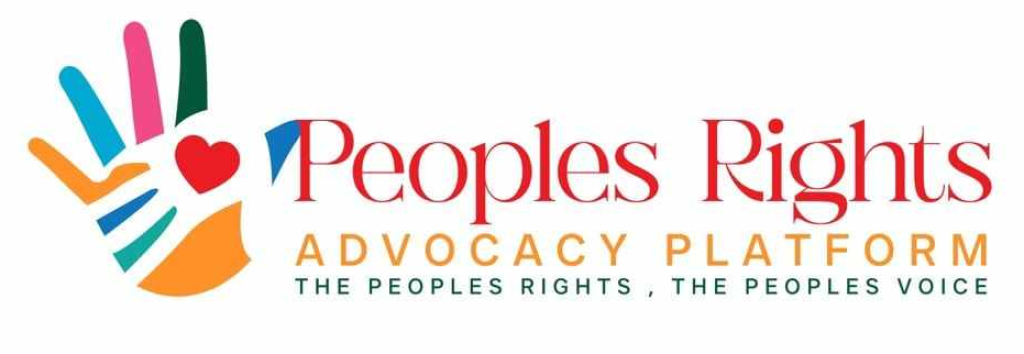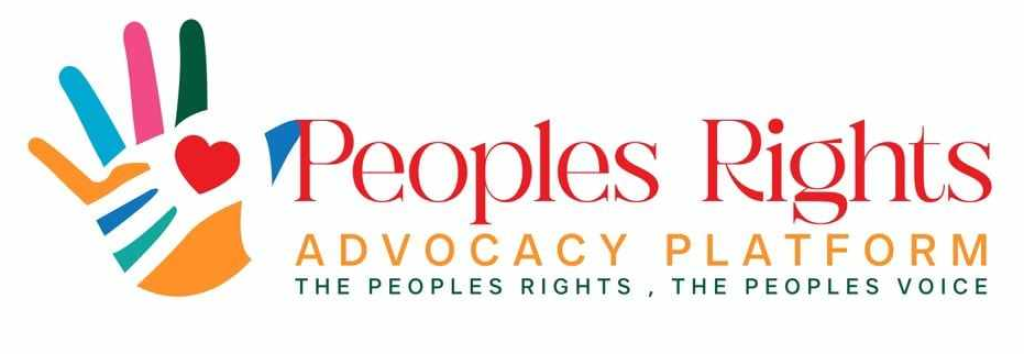The Dark Face of Monopoly on Violence
In a shocking declaration, Atanga Nji Paul, Cameroon’s Minister of Territorial Administration, proclaimed the government’s “monopoly on violence.” This chilling statement has become the hallmark of the government’s response to the Anglophone crisis, resulting in unprecedented human suffering and destruction. The numbers are staggering: over 6,000 lives lost and 30,000 individuals reported missing or presumed dead due to government-sanctioned violence.
Understanding the Monopoly on Violence
At its core, the monopoly on violence refers to the state’s exclusive authority to use or authorize physical force. Ideally, this power should maintain order, protect citizens, and uphold justice. However, in Cameroon, it has been distorted into a tool of oppression and terror ¹.
Systematic Atrocities and Impunity
The Cameroon military’s actions have been marked by systematic atrocities, including torching villages, killing civilians, and perpetuating violence against suspected separatist sympathizers. The government has shielded these actions, enabling soldiers to operate without accountability. This complicity reveals a disturbing truth: the state is actively participating in its citizens’ destruction.
The Role of Vigilante Groups and Victim-Blaming
To entrench its control, the government has created vigilante groups, which commit atrocities under government influence. These groups discredit the separatist movement and install fear within communities. The government has also shifted the narrative, blaming victims for their suffering, to avoid accountability and maintain power.
Exploitation and Economic Control Through Violence
The government’s monopoly on violence has facilitated the rise of criminal elements, exploiting resources like petrol sales through violent tactics. This intertwines violence and economic gain, illustrating how the government uses its monopoly to maintain power and enrich aligned individuals.
A Global Call for Accountability
The international community must respond with urgency to the Anglophone crisis. Accountability for these atrocities is crucial for justice and restoring faith in governance. The people of Anglophone Cameroon deserve justice, protection, and the fundamental human right to live free from violence and oppression. The peace plan paper provides a roadmap to ending this abuse.


